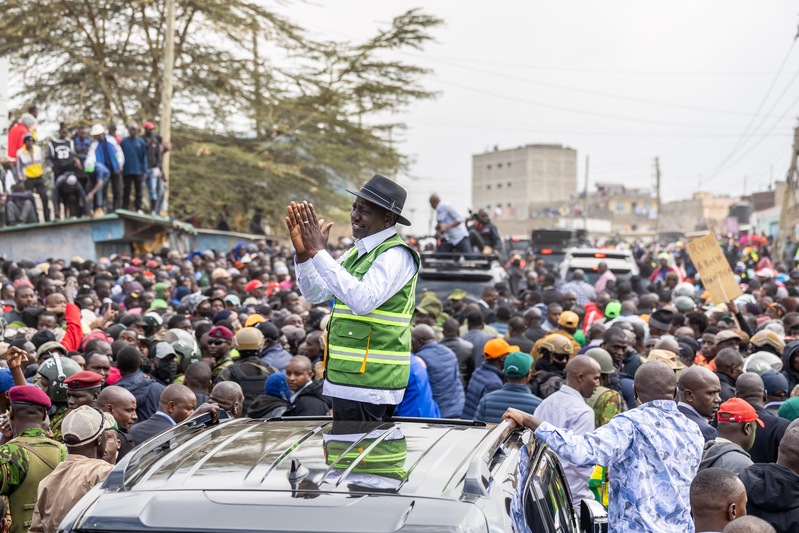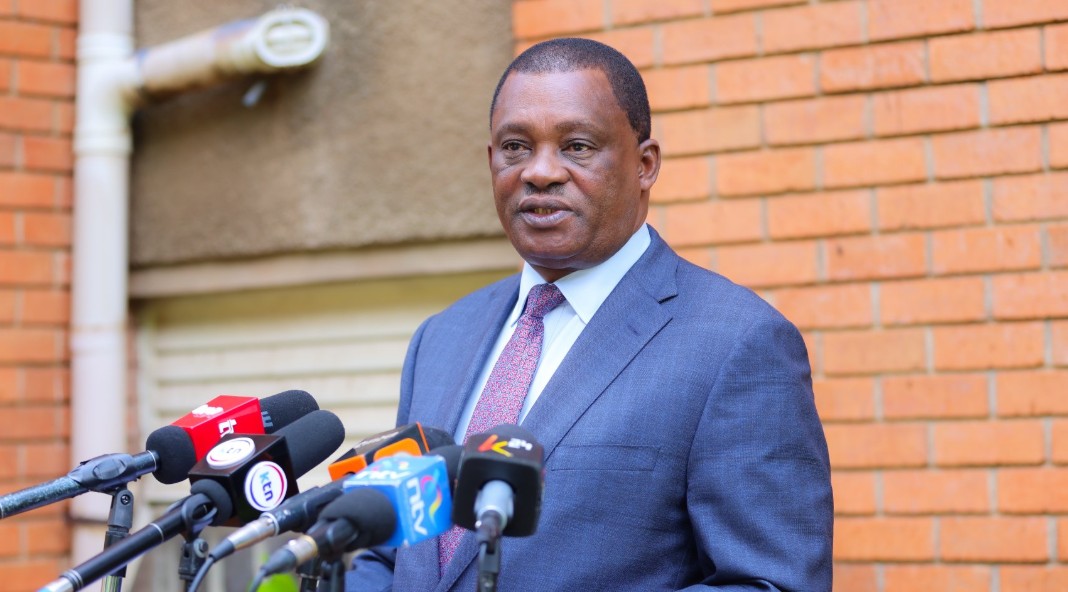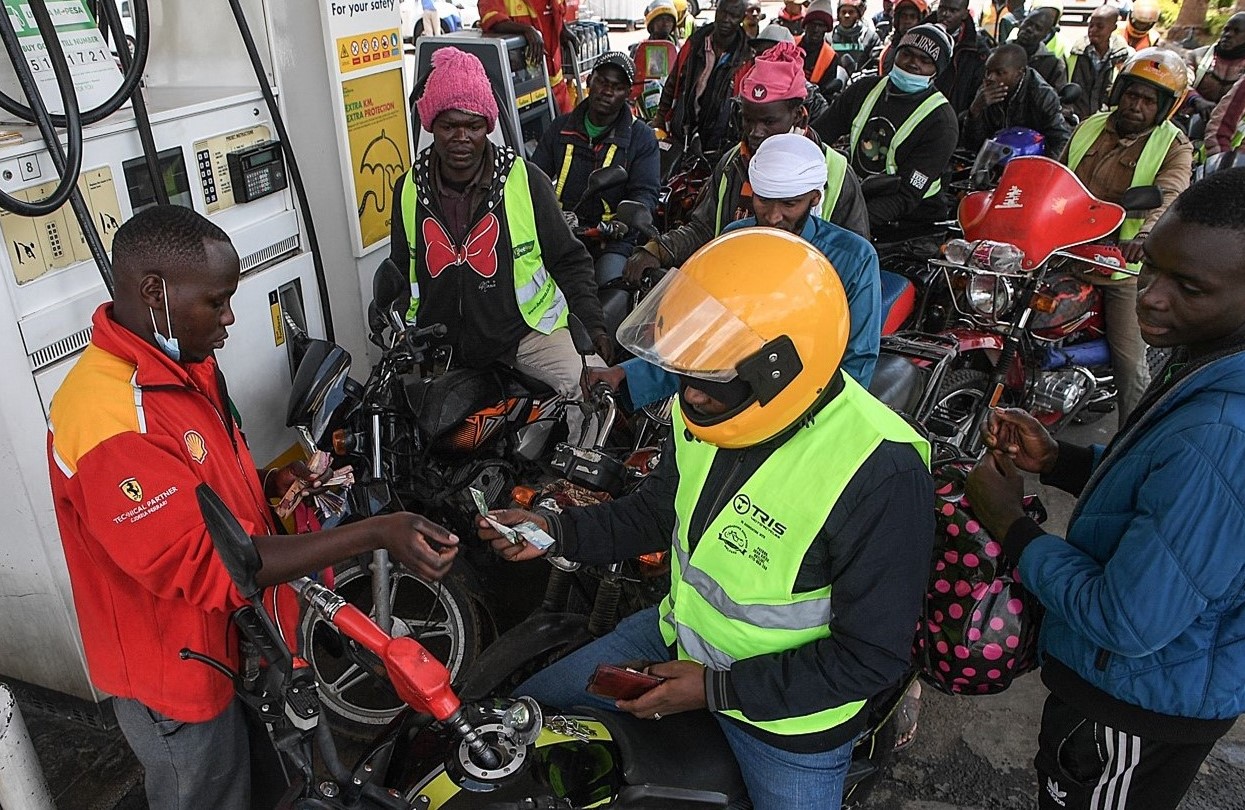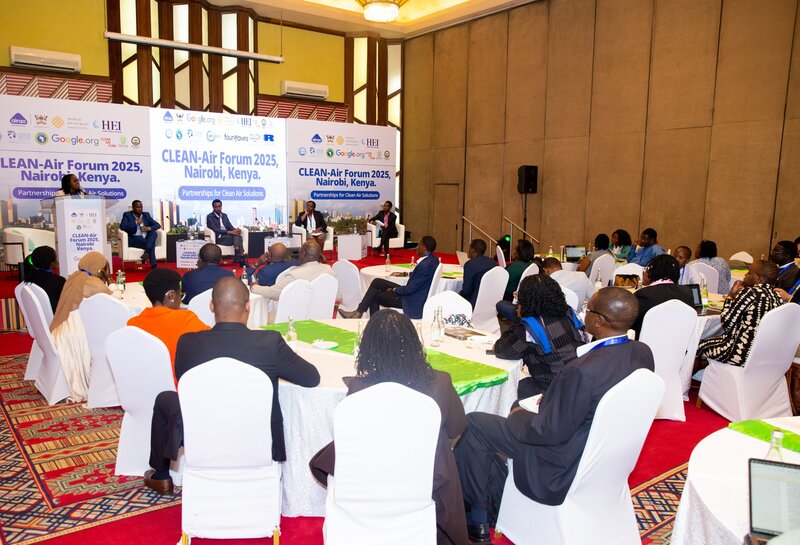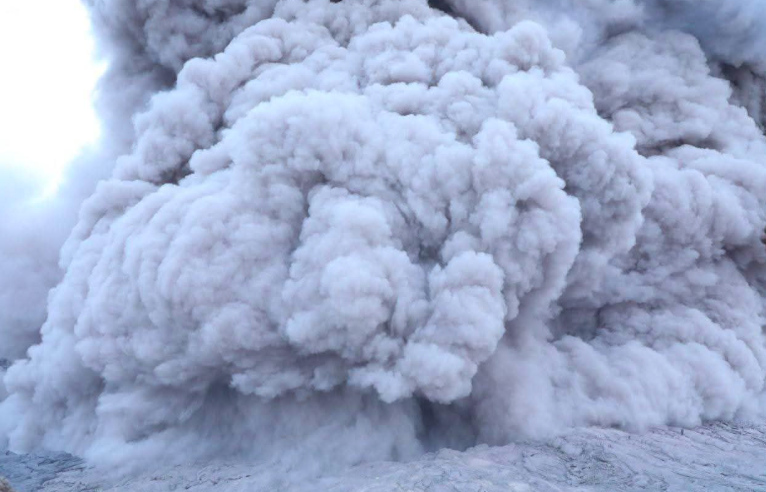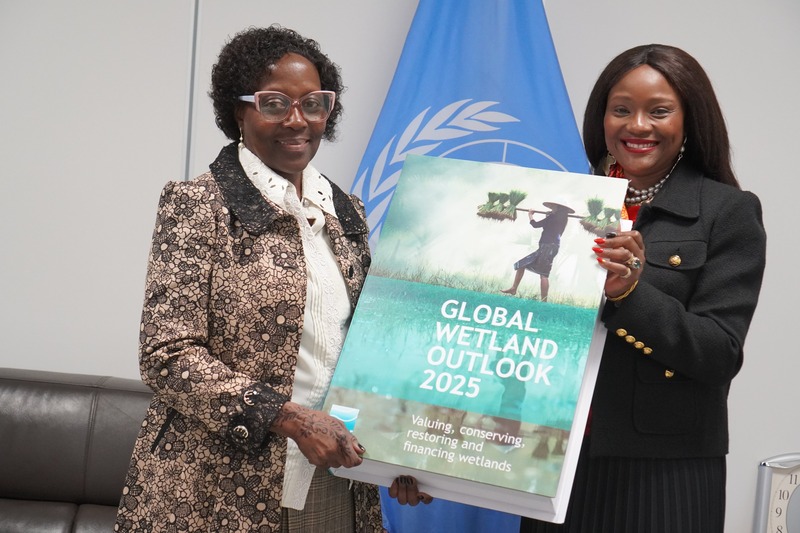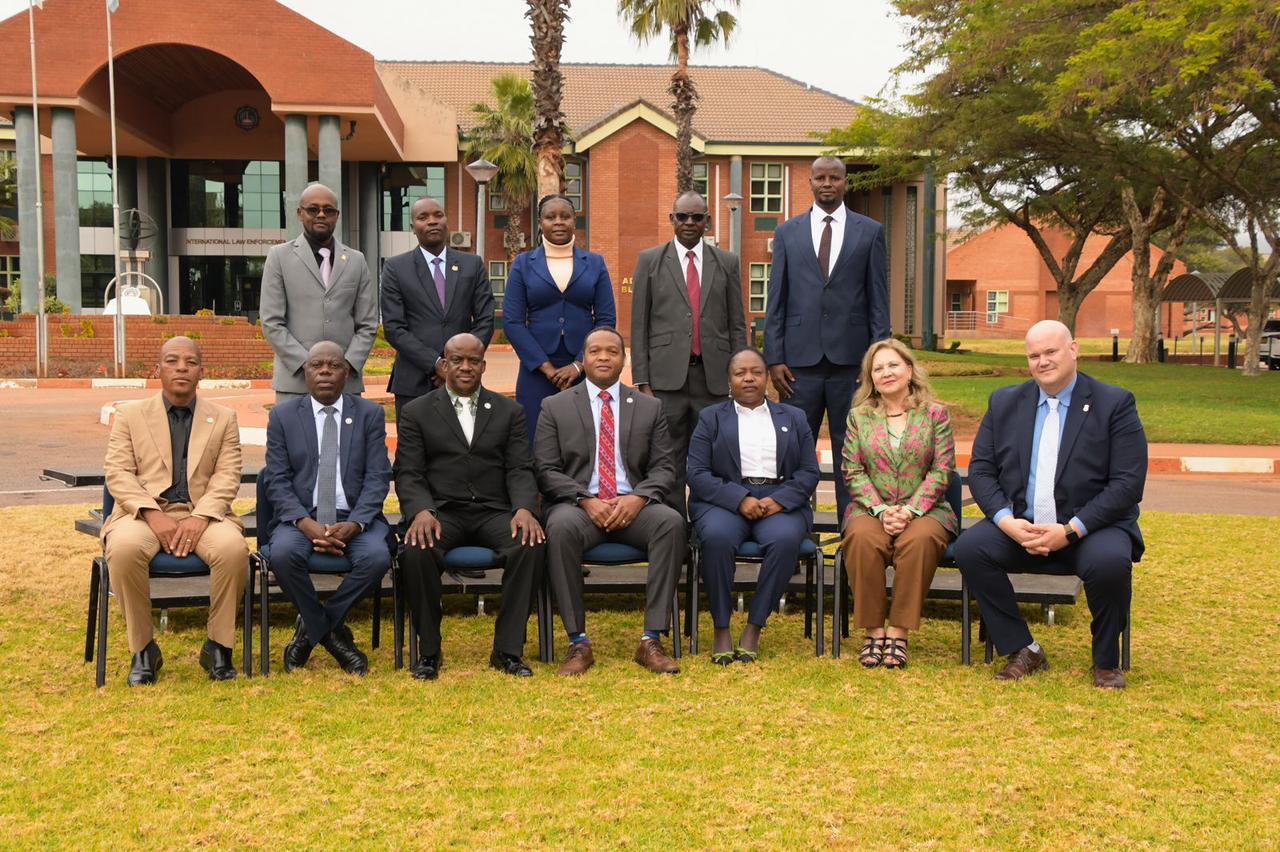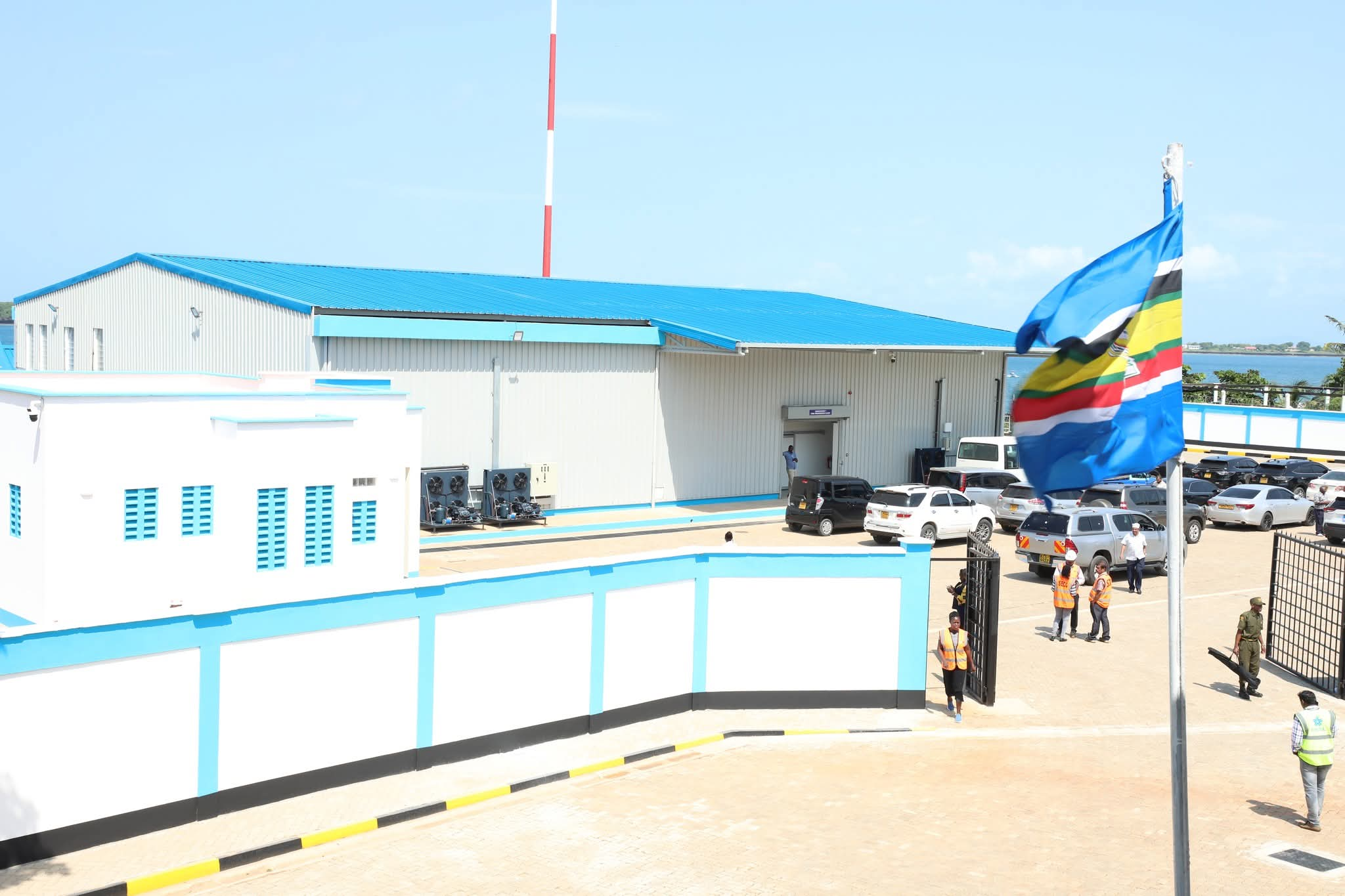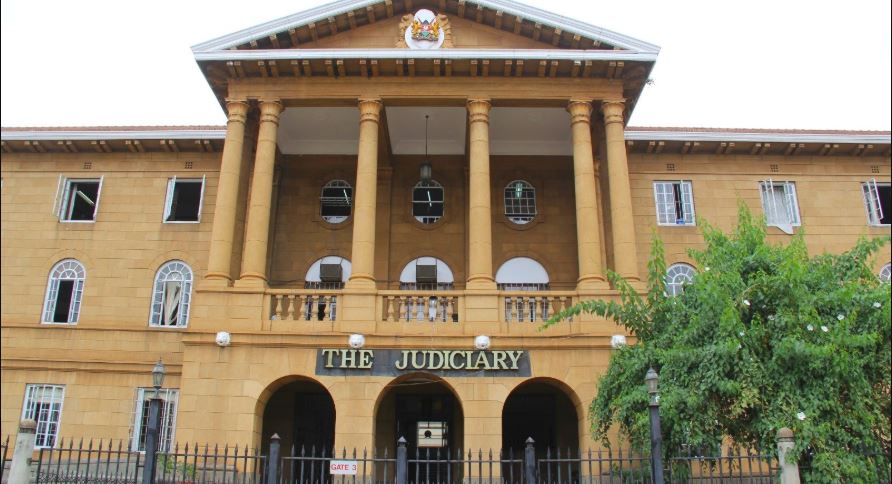Fragile serenity: Displaced Sudanese find momentary refuge in Tawila, North Darfur
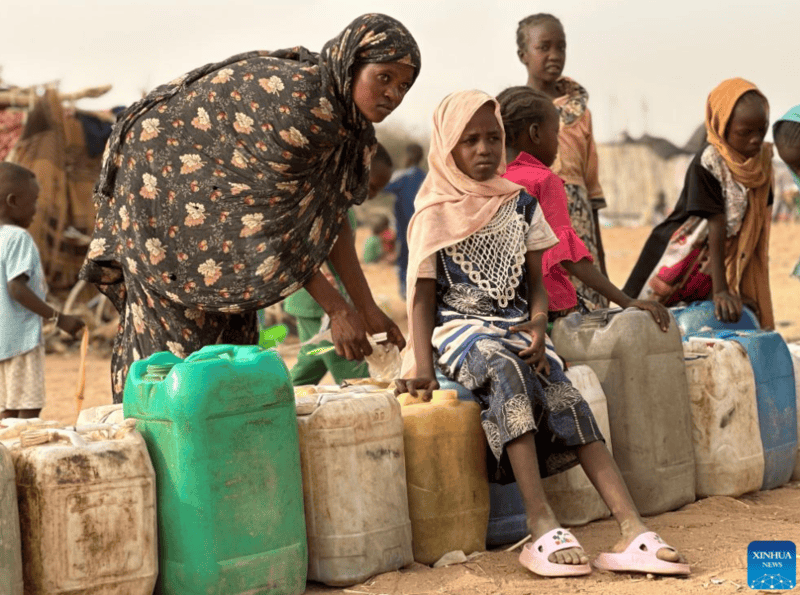
About 70 km from El Fasher, the capital of North Darfur State, the arriving displaced carry stories of resilience intertwined with unending pain.
Beneath the weary, drought-stricken trees of Tawila, a small town in North Darfur, western Sudan, those fleeing the relentless violence engulfing the country find only momentary refuge from the inferno of civil war.
Since April 2023, Sudan has been embroiled in a conflict between the Sudanese Armed Forces and the paramilitary Rapid Support Forces. The violence has resulted in the deaths of tens of thousands and has displaced millions.
More To Read
- 46 killed, 37 injured in paramilitary attack on village in Western Sudan: volunteer groups
- ICC finds evidence of war crimes, sexual violence in Darfur
- Cabinet shake-up in Sudan as transitional PM Kamil Tayyib Idris seeks stability amid civil war
- Football returns to Sudan after two-year hiatus amid civil war
- UN warns of worsening humanitarian crisis in Sudan as displacement, hunger and disease escalate
- Sudan accuses UAE of 'manipulating global forums' to shield RSF
About 70 km from El Fasher, the capital of North Darfur State, the arriving displaced carry stories of resilience intertwined with unending pain.
Though the roar of artillery has faded here, the daily suffering of the displaced endures - humanitarian aid is scarce, diseases spread with the onset of the rainy season, and children grow up without education or dreams.
When 30-year-old Khadija Ahmed arrived in Tawila as part of the first wave of displaced people from Zamzam Camp near El Fasher, one of her children asked: "Will the planes bomb us here too?" She replied, "No, my son, we are safe here."
"We fled Zamzam because of artillery shelling, drone strikes, and random gunfire. My children and I witnessed horrors that memory will never erase," she told Xinhua.
On Tawila's outskirts, Khadija found shelter under an old tree, the only shade for miles. "We escaped by a miracle. My children's expressions and their sense of safety give me the determination to live," she said.
Reaching Tawila was no easy feat. Most people Xinhua spoke to recounted walking for countless sleepless nights, hiding among sand dunes at the sound of planes, inching forward along a dangerous and rugged path.
Hawa Ahmed, who lost her husband in a bombing at Zamzam Camp in March, arrived in Tawila with her two children, one of whom sustained a shrapnel injury to his back.
"Fleeing Zamzam wasn't an easy decision. It was a journey of death. Getting here was a miracle. We're still traumatised by what happened to us," she told Xinhua.
When asked what gives them hope to carry on with their lives here, both residents and the newly displaced talk about "human solidarity" that binds them together.
"The most important thing is providing food for the thousands who have nothing. There are wonderful examples of solidarity - residents reducing their daily portions of bread or flour to create a 'communal table' that feeds everyone," said Abdul-Jaleel Ali, a resident.
Meanwhile, displaced Fatima Adam is getting an abandoned piece of land ready, waiting for the rains to plant quick-growing crops like sorghum, millet, and vegetables.
"People of Tawila have not withheld anything from us. They even gave us farmland and provided us with some seeds," she told Xinhua.
Despite Tawila's limited resources, its residents have shown extraordinary generosity. As Sheikh Ali Ismail, a local community leader, put it, "We only have dust and barren desert, but we refuse to let anyone go hungry on our doorsteps. We've done our best to make Tawila an oasis that shelters the wounds of those fleeing war."
Since April, Tawila had absorbed nearly 379,000 people fleeing Zamzam Camp and El Fasher, according to a press release by the Norwegian Refugee Council (NRC) on July 11, which means local generosity alone isn't nearly enough to meet the needs of such a large number of people.
The United Nations and relevant international organisations have warned that Tawila is on the brink of a full-scale humanitarian crisis.
Only 21,000 people, about 10 per cent of the town's population, have access to safe drinking water, according to the NRC.
"Water is the biggest challenge for the displaced community in Tawila, but we're trying to overcome it through collective efforts," displaced resident Ahmed Al-Tayeb told Xinhua.
"We use primitive methods to obtain water, like collecting it in natural basins or digging traditional wells. Sometimes the water isn't fit to drink, but we boil it to purify it," Al-Tayeb said.
Tawila is also struggling with a serious lack of food, as most families are only able to get one meal a day or less. Additionally, fewer than 10 per cent of households - around 2,684 families - have access to latrines. Education for children is another major challenge. With just 11 makeshift learning spaces, many kids can't attend school.
"There are no proper schools here, but we receive some lessons from local volunteers," said Khalid Abdullah, a displaced child who arrived in Tawila with his family two months ago.
"We have a makeshift school set up under the shade of trees. There are no bells or uniforms, but at least it's an attempt to bring us back to a learning atmosphere," he said.
Top Stories Today
